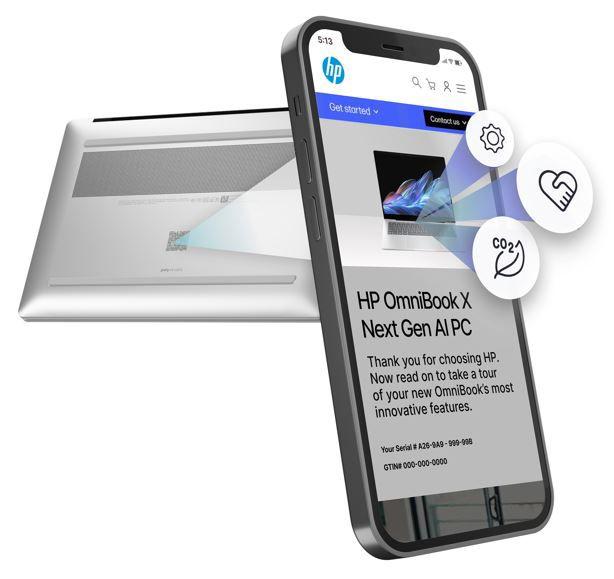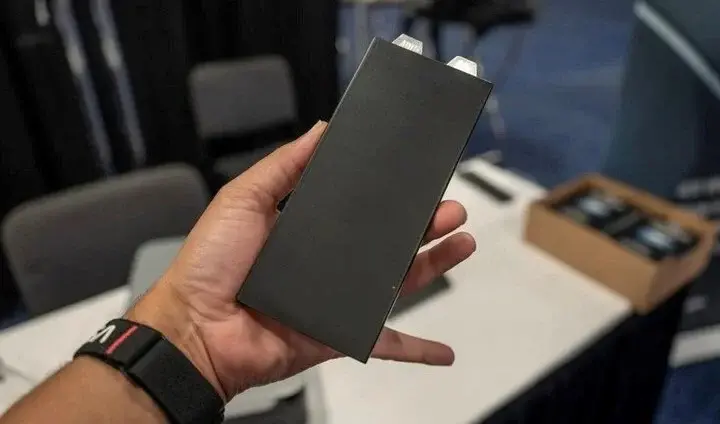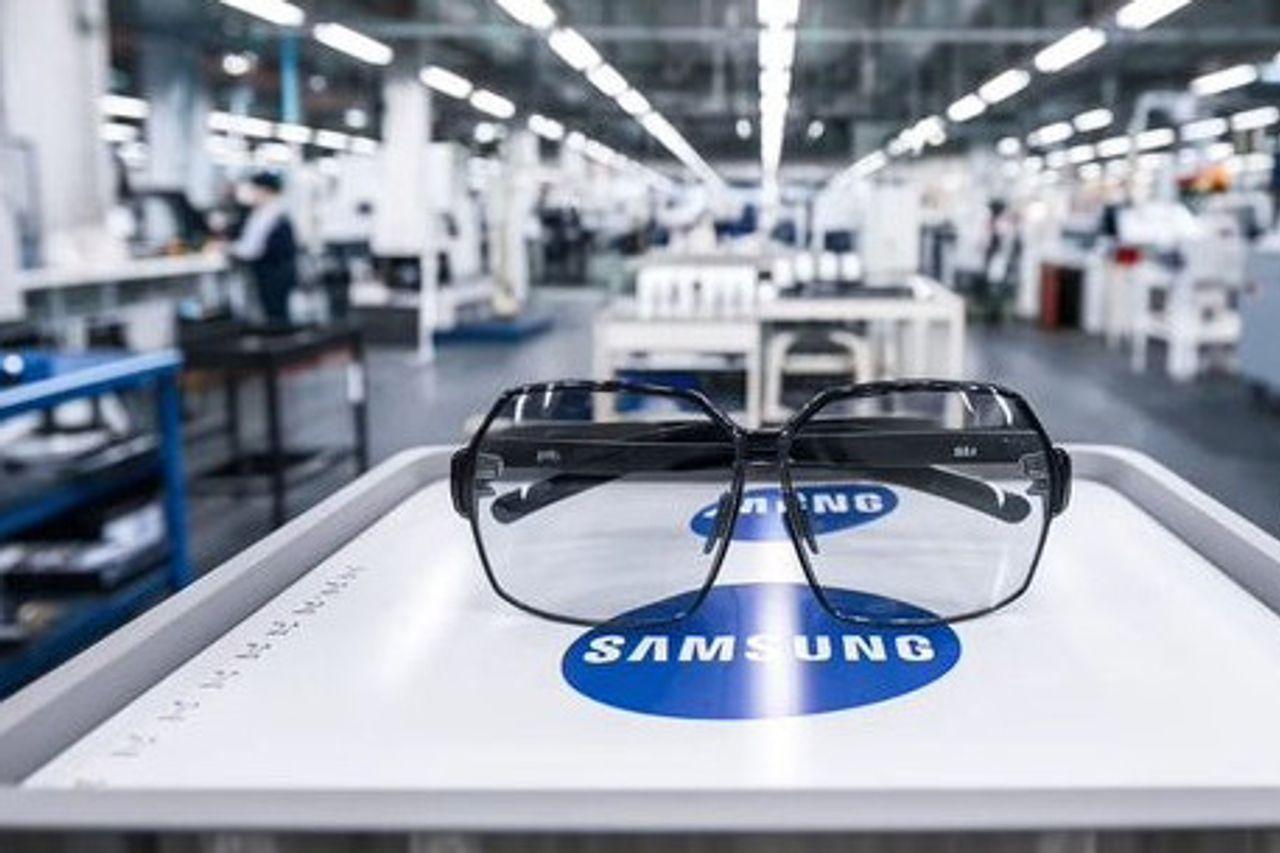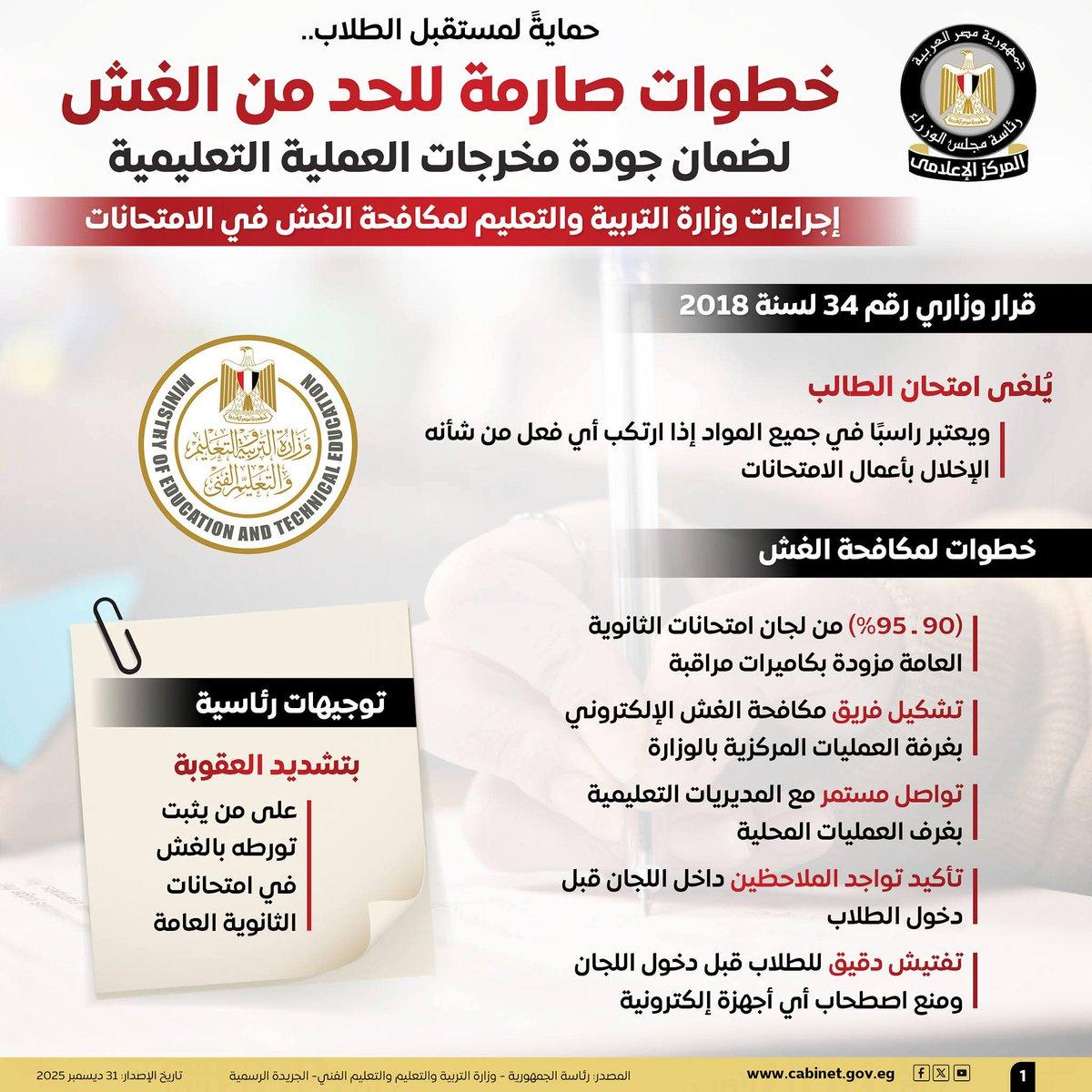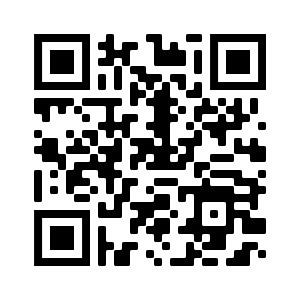By : Mohamed El Kholy
Around the world, more than 377,000 girls and young women have participated in over 11,400 International Girls in ICT Day celebrations in 171 countries over the past ten years.
Governments, national Information and Communications Technology (ICT) regulatory authorities, ICT companies, academic institutions, and non-governmental organisations (NGOs) across the world have all been encouraged to join the movement, however as we celebrate our achievements and efforts in encouraging young girls to go into science, technology, engineering, arts and mathematics (STEAM) related fields, there is still much to be done by organizations everywhere.
The gender gap in STEAM is striking; in higher education, only 35 percent of all students enrolled in STEAM-related fields are females. More worrying, is that female enrolment is particularly low in ICT (3 percent). In Europe, for example, only 29 of 1,000 female graduates had a degree in computing in 2015. Research also shows that the gender gap starts as young as lower secondary school, where girls are less likely to select technology and science-related subjects. This trend continues through college, and the rest of their careers.
Having many more young girls and women join ICT as a career is important not only because diverse and inclusive teams lead to better working environments but also because it impacts our productivity and profitability. In fact, a recent McKinsey study of 1,000 companies across 12 countries found that firms that had taken steps to improve gender equality were more profitable than national averages.
Currently, there are simply not enough young women willing to take up STEAM studies as a choice for higher education or career option. Governments across the region have taken steps to address this and, in Egypt, the Ministry of Communications and Information Technology has launched the Qodwatech initiative with the aim to contribute to the social and economic empowerment of girls and young women in all Egyptian governorates, especially in remote and marginalized areas, to meet the goals of Egypt Vision 2030. Women are empowered to use information and communication technology and digital financial technology. Since its launch, the Central Administration for Community Development at the Ministry of Communications and Information Technology concluded training for nine batches of women entrepreneurs on several skills, including digital marketing and e-commerce.
Moreover, the Ministry of Communications and Information Technology had sponsored the enrollment of women and girls in several other initiatives to train and find work in the ICT sector, such as the She Can initiative in 2020 and the Digital Egypt Builders in 2021.
Sameh Shoukry, Country Manager of Ericsson Egypt said: “The Egyptian government represented by the Ministry of Communications and Information Technology has sponsored dozens of initiatives to empower women with the help of organizations like Ericsson. Ericsson has long been a supporter of Girls in ICT Day and several ongoing global initiatives have been launched to empower young female students.
We believe that ICT in particular gives women a unique chance to work remotely or on a freelance basis, hence, overcoming the obstacles that have been facing women in finding and retaining jobs, such as transport, gender bias, and workplace discrimination.”
He added: “Ericsson’s Connect to Learn program focuses on ensuring girls have access to ICT skills in school and outside of school. The program has reached over 200,000 students located across 25 countries to date.”
Last year, keeping in mind the fact that many parents were and continue to be home-schooling their children, Ericsson shared some learning materials, hoping that these would help provide children and parents with some useful insights into coding and computing; science and technology.
While these programs continue to be ongoing, this year Ericsson has also rallied employees to go the extra mile by focusing on their own homes and teaching their own daughters and young relatives about the potential of STEAM and careers in ICT through the Be a Teacher initiative, where they were provided with teaching materials and toolkits.
In addition, The Share our Story program also saw Ericsson host virtual sessions to bring information and inspiration to girls and their families to explore the ICT industry and a potential career path within it. Another great project worth mentioning is Technovation, a global tech competition for girls. Spread over 28 countries, almost 100 Ericsson employees are currently mentoring girls between the ages of 10 and 18 years.
While there is still work to be done, efforts are well underway and the future of STEAM studies as a career choice is truly exciting. Research shows that more than 65% of our students will work in jobs that don’t exist today. By engaging participants in Girls in ICT Day, we hope to help prepare for that future, encouraging more and more girls to consider careers in ICT and simultaneously expanding our work internally to engage and collaborate for gender parity and equality overall.





